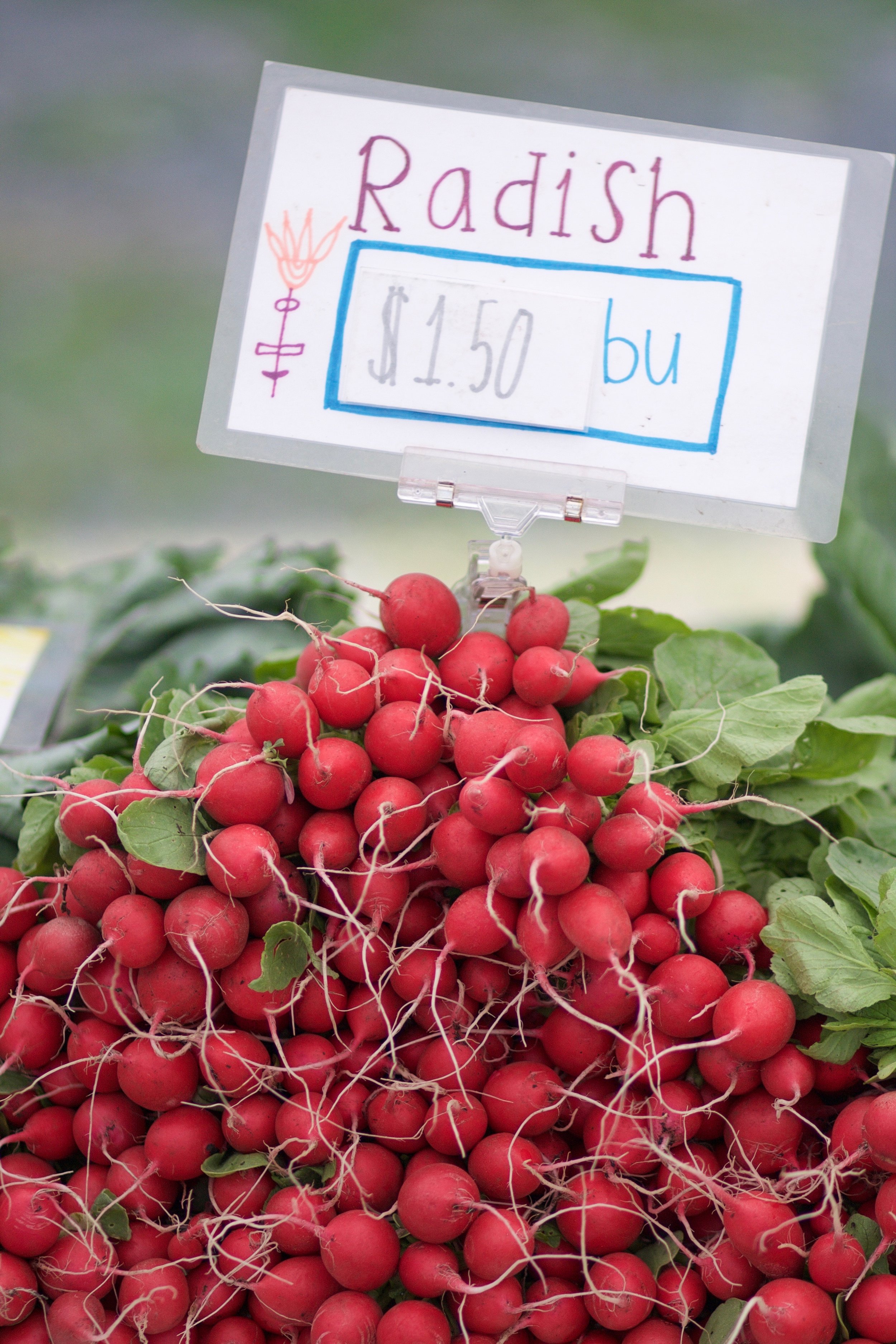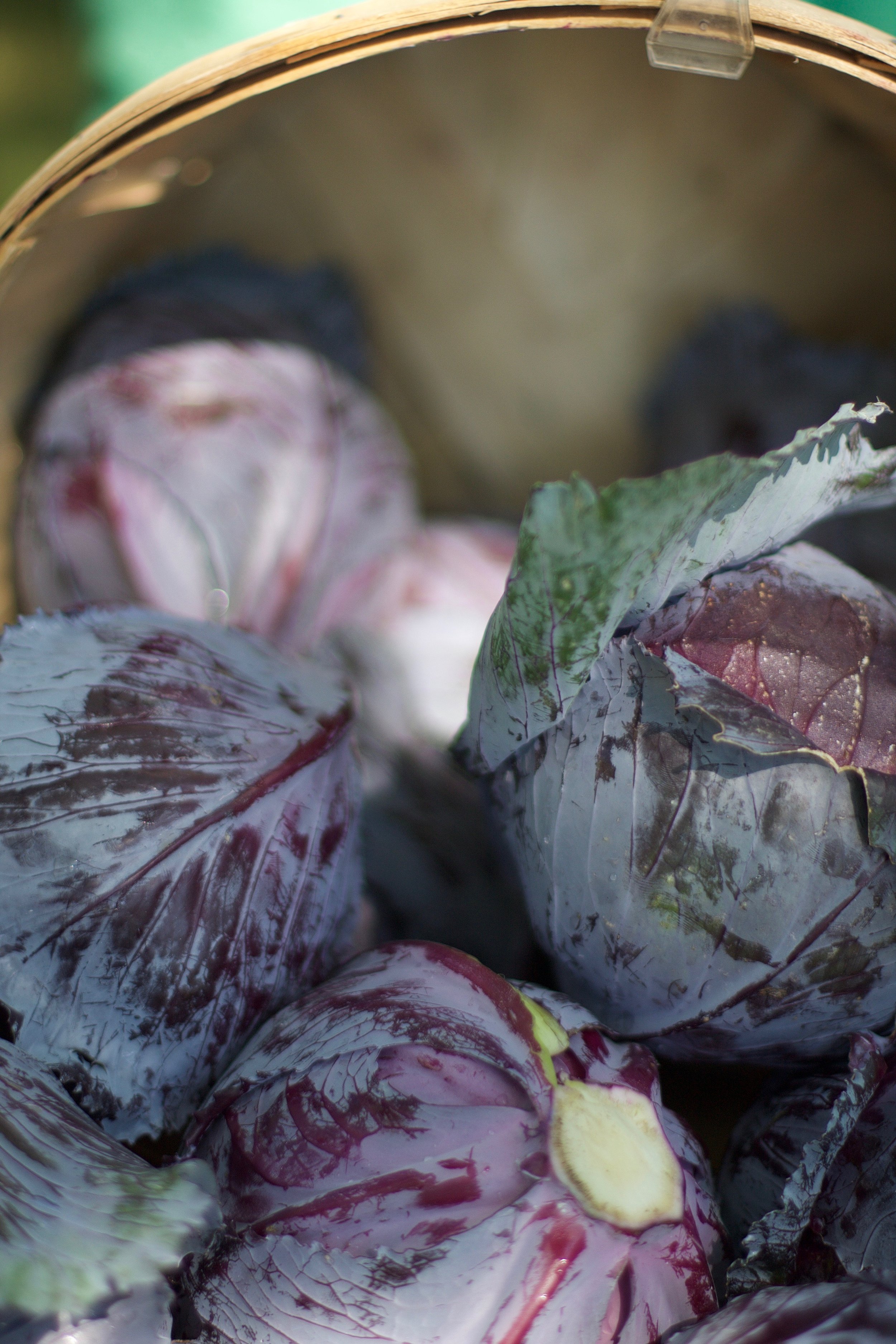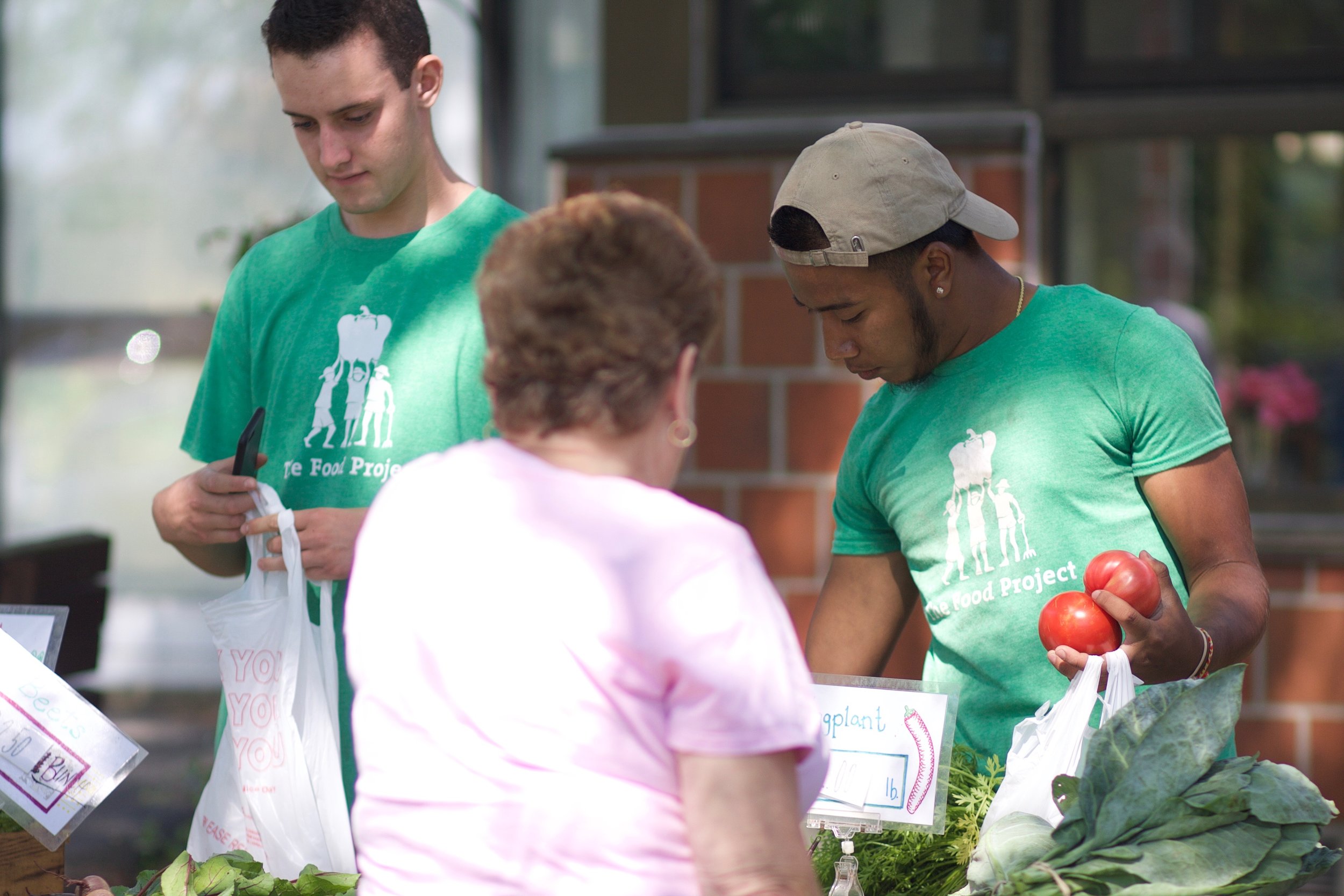affordability
Through the work of Lynn Grows, we aim to support MA State funding for consumer incentives that focus on local purchasing of fruits and vegetables and research/develop a pilot model to support families who do not qualify for assistance but who are struggling financially. We plan to accomplish this through the activities below:
Continue to promote the Food Insecurity Nutrition Incentive (FINI) and Healthy Incentives Program (HIP)* funding that is available at farmers markets, farm stands, mobile markets, and community supported agriculture (CSA) programs
Partner with local Lynn City social service agencies, non-profit organizations, and resident gatekeepers to continue promotion
*Note - FINI and HIP funds currently impact SNAP (food stamp) participants. If enrolled in SNAP, you can use your benefits at farmers markets, mobile markets and CSAs for a $40, $60 or $80 match (depending on your household size). When you spend those dollars on local food at these places, that money goes back into your account to use on other SNAP eligible items.
Advocate for continued funding for the FINI and HIP Trust Fund.
Gather stories of the impact that FINI and HIP funds have had on Lynn residents and their food realities (before and after comparison).
Advocate for expanding healthy food purchasing incentives to all SNAP retailers statewide, including grocery stores, corner stores, and bodegas - while increasing available funding.
Engage with Lynn residents and institutions to advocate and share stories around the success of FINI and HIP and if extended to other retailers, would bring more success around health outcomes and building local food economies.
Research and develop a pilot model/strategy to address the needs of those who do not qualify for government assistance but are still facing economic hardship as well as paying special attention to the elderly residents of Lynn.
Research other innovative models in MA and in the US that address this issue.
Develop and pilot new win-win distribution model to address this issue.
Work with existing distribution models to explore opportunities to lower cost while maintaining price points for farmers.





